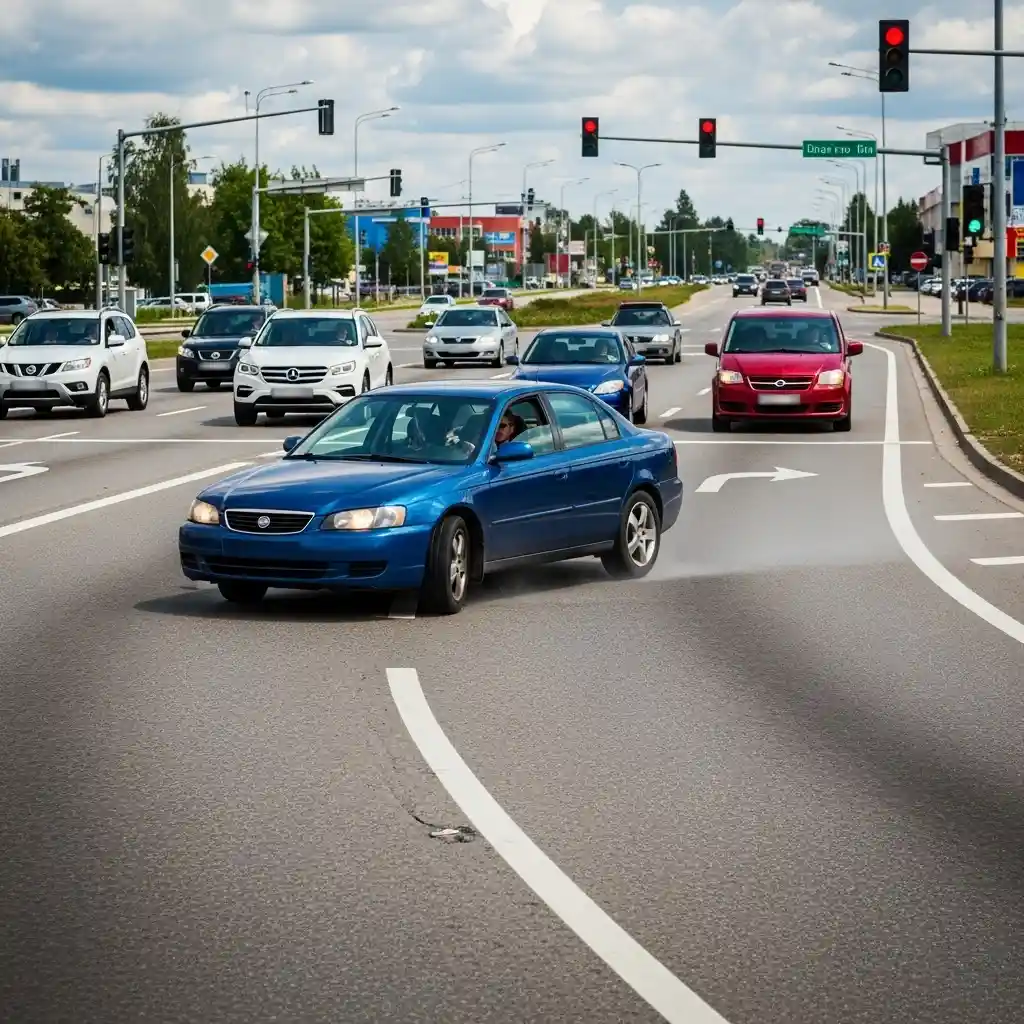
Probable cause is one of the most important concepts in criminal law. It is the legal standard that police officers must meet before they can pull someone over or make an arrest. In the state of California, swerving can be probable cause for a pullover, but there are certain conditions that need to be met.
Probable cause is a legal standard that requires police officers to have a reasonable belief that a crime has been or is being committed. It is a requirement under the Fourth Amendment of the United States Constitution, which protects citizens against unreasonable searches and seizures.
When it comes to traffic stops, probable cause means that a police officer needs to have a valid reason to pull someone over. This can include a traffic violation, such as running a red light, speeding, or swerving.
Swerving is when a driver’s vehicle crosses over the lane marker, and the driver has to correct the vehicle’s path to stay within the lane. Swerving can be caused by a variety of factors, such as distractions, driver fatigue, or impairment.
In California, swerving can be probable cause for a pullover, but there are certain conditions that need to be met. The most important condition is that the swerving needs to be significant enough to suggest that the driver is impaired or distracted.
If a police officer observes a driver swerving once or twice, it may not be enough to justify a pullover. However, if the swerving is frequent and significant, the officer may have probable cause to pull the driver over and investigate further.
Swerving is just one example of what can be considered probable cause for a pullover. There are many other common reasons why a police officer may pull someone over, including:
If a police officer pulls someone over for swerving, they will likely conduct a field sobriety test or a breathalyzer test to determine if the driver is impaired. If the driver fails the test or refuses to take it, they may be arrested for DUI.
It is important to note that even if someone is pulled over for swerving, the officer must still follow proper protocol and have probable cause to conduct a search or make an arrest. If the officer violates someone’s Fourth Amendment rights, any evidence obtained may be inadmissible in court.
In California, swerving can be probable cause for a pullover, but the swerving needs to be significant enough to suggest that the driver is impaired or distracted. There are many other common reasons why a police officer may pull someone over, such as speeding or running a red light. If someone is pulled over for swerving, the officer will likely conduct a field sobriety or breathalyzer test to determine if the driver is impaired. It is important for police officers to follow proper protocol and have probable cause to conduct a search or make an arrest. If you have been pulled over for swerving or any other reason, it is important to contact a criminal defense lawyer or attorney for guidance.